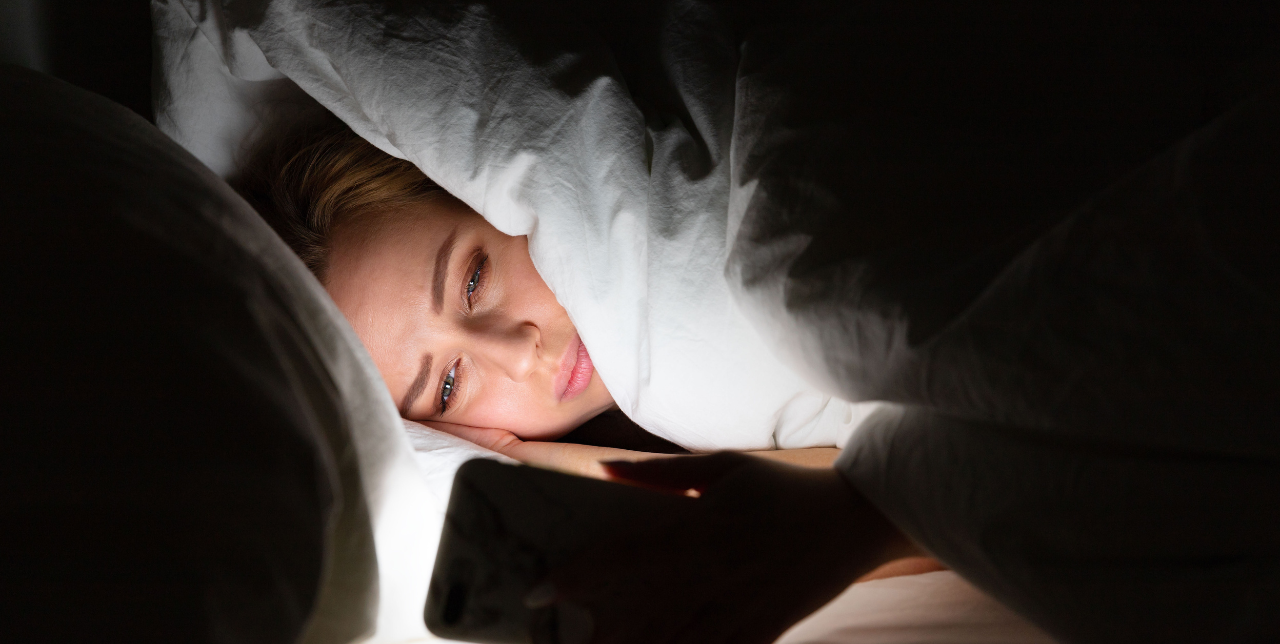CBD and sleep hygiene have a symbiotic relationship. It is well known among the CBD community that CBD has proven capable of potentially improving your quality of sleep. Many testimonials have shared their experiences where by just having a dropper of CBD oil or taking CBD capsules a couple hours before going to bed they have noticed and increased state of relaxation and decreased anxiety and stress. They have also claimed to feel better rested the next morning and feeling more energized throughout the day.
It is important to mention however that CBD will only be as effective as the rest of your daily habits to optimize your resting time. In his best-selling book “Why We Sleep”, neuroscience specialist Matthew Walker breaks down in excruciating detail the reasons why sleeping is one of the most important factors (if not the most important) that will affect the overall health and life expectancy of a human being. It is suggested for an average person to sleep between 7 and 8 hours every day in order for the body to regenerate and for the brain to assimilate and process the information received throughout the day.
If you are one of the millions of people suffering from sleeping disorders (whether occasional or chronic) it might be the time to take action and find ways to improve your sleep hygiene. Here’s a couple practices you can try:
Take a hot bath before going to bed
Given that one of the body’s natural signifies that bedtime is coming soon is a drop in temperature this might sound counter-intuitive. However when the body is exposed to hot water there is an increase in blood flow from the core to the surface, which naturally decreases the temperature of the core. Taking a shower 1-2 hours before bed will significantly help you to fall asleep faster.
Avoid eating food for before going to bed
It is extremely recommended to avoid ingesting anything at least 3 hours before bed. This is primarily to allow your body to digest the food you had throughout the day, therefore preventing having an upset stomach or even acid re-flux while laying down in bed which can be a mood kill for sleeping.
Reduce your exposure to artificial light before going to bed
Circadian rhythms are 24-hour cycles that functions as an internal clock for the body. One of the most well-known circadian rhythms is the sleep-wake cycle. This cycle is directly influenced by light. In a natural environment, our bodies would get ready to go to sleep as our exposure to sunlight decreases towards the night. However artificial light, especially the blue light from computer screens and phones, can interfere with our natural cycle and trick the body into thinking that it is still daytime, thus inhibiting sleepiness and creating sleeping disorders. This is why it is suggested to avoid using your phone before going to bed. If you work at night and require a computer you can install a blue-light filter or use blue-light blocking glasses to reduce the damage.
Drink non-caffeinated tea before going to bed
It is well known that caffeine is sleep’s worst nightmare. Caffeine interferes with our natural production of the sleep-inducing chemical adenosine, delaying our internal clock and causing sleeping disorders. However drinking non-caffeinated tea an hour or two before bedtime has proven to help some people to achieve a state of relaxation and fall asleep faster. Chamomile is one of the most popular options but other herbs such as lavender or Valerian root have also proven effective.
Perform a low-effort activity before going to bed
Exercising is one of the staples for having a good health. It is important to know however that is not recommended to exercise too late at night. This can cause an increase of activity in your nervous system and a raise in your heart rate, thus making it more difficult to go back to a state of relaxation. Activities like reading a pleasant book, performing meditation or even writing some thoughts or ideas in a piece of paper can help you prepare your mind to log off for the day and will reduce the time that it will take you to fall asleep.
CBD will likely increase your chances at improving your sleep but if you also follow the previous recommendations your sleep hygiene will skyrocket and your overall health will become much stronger. If you happen to suffer from severe sleep deprivation ailments do not hesitate in ask a professional health practitioner for guidance. In some extreme cases a pharmaceutical intervention might be the best option but even while taking medication your sleep hygiene will be as good as your daily habits.

